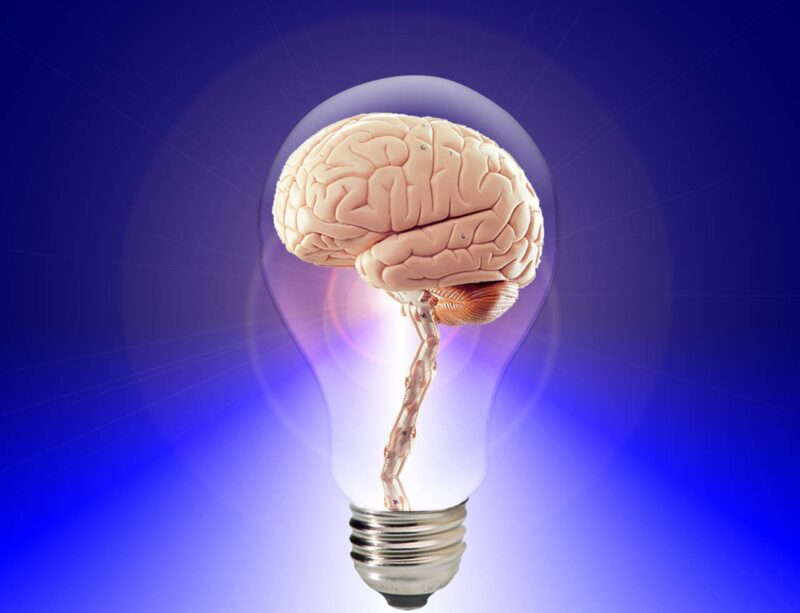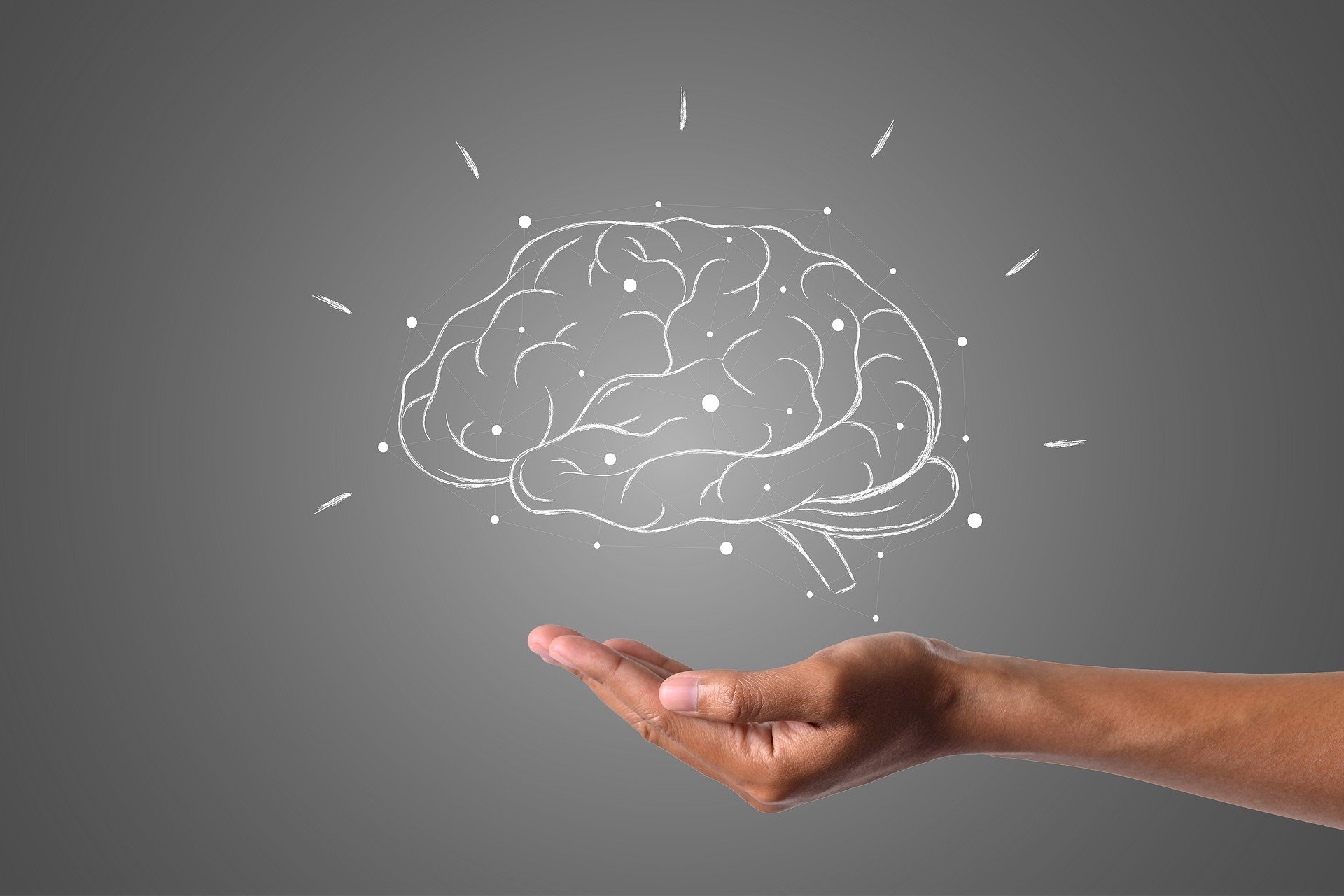Last Updated on February 25, 2024
Is it true that we use only 10% of our brain? Or is it purely a myth propagated for over a century to an extent that we believe it to be factual? Is it a fact, as highlighted in Lucy (2015 film) that using 100% of our brain is extremely dangerous? So what amount do we exactly use?
It’s confusing, right? But not to worry. You are not alone.
The science of our brain is a flaky one. But in between all those studies lies some truth. The truth that we intend to highlight in this article. But before we repeat regurgitated myths, how about a few fun facts about the brain? That could help us get close to the truth, right? Cool.
Facts about the brain

- The brain is the only organ that uses the most amount of energy. It’s estimated to take up to 20% of the body’s energy. That energy is used to fire up neurons so they can communicate and send impulses.
- The brain needs sodium, potassium, and calcium ions to fire up
- The human brain of an adult weighs 3 pounds (1.5 kgs)
- 75% of the human brain consists of water. That means extreme dehydration can affect the brain’s functions.
- The brain is composed of billions of neurons
- Multitasking is impossible (sorry to disappoint but it’s the truth)
- we use 100% of the brain but we don’t it simultaneously
- the fastest speed neurons in the brain communicate is 250 mph
- dreams are proof that your brain still functions even when you are asleep
- The brain doesn’t feel pain. It just interprets pain signals delivered to it.
- The brain starts to lose its memory and cognitive ability in the late 20s
- Life shrinks your brain. After middle age, it starts to decrease in size
So how much of our brain do we use?

According to a neurologist from the John Hopkins School of Medicine, We use all our brain and most of it is active all the time. If we were using 10% of it, you would wonder, why then consume 20% of the body’s glucose and oxygen?
Brain activity can be observed through magnetic resonance imaging. When this technique and others are used, they show that the entire part of the human brain functions even when we are performing the simplest tasks.
Even when sleeping, the brain is never dormant. As you may know from your biology lesson, part of the brain controls breathing and muscle movement-two things that still happen when we are asleep.
However, the extent of how much one uses their brain varies from individual to individual, the kind of activity being done or the thoughts being processed.
Sparse coding-the brain’s energy efficiency plan and the reason we can’t multitask

The brain cannot have all the cells running at one time. That would thwart its efficiency and still demand a lot of energy. To optimize performance, only 1-16% of the cells will be running at any given moment.
So yes, much of the brains’ energy goes for housekeeping. The need to reserve resources is one of the reasons why some processing happens unconsciously. And this explains why multitasking is impossible. Ever realized if you focus on doing one thing, it gets done more perfectly than handling 3 or more things at once?
So to set the record straight, you’ll probably use 100% of your brain but not simultaneously.
A few brain myths worth knowing
Here are a few other myths about the brain you need to know:
- The brain becomes dormant when we sleep
- Humans are either left or right-brained
- Brain damage results in irreversible loss of function particularly in the elderly population
- Brain development ends after puberty
- Amnesia pertains forgetting
Key takeaways
There’s still a lot about the brain scientists, doctors, and neurologists don’t understand. That means the brain is one powerful and complicated engine that doesn’t even want to be understood. It’s the only organ on the body that named itself.
The good news is we still use 100% of the brain-just not at once though. And because of its mystery, the possibility is high that there are many amazing things you can do with it.
If you want to improve your brain’s capability, strong evidence suggests playing video games, exercising, resting (sleeping) adequately, and eating a healthy diet. We hope you’ve learned something valuable today. See you around, wonderful explorer.

